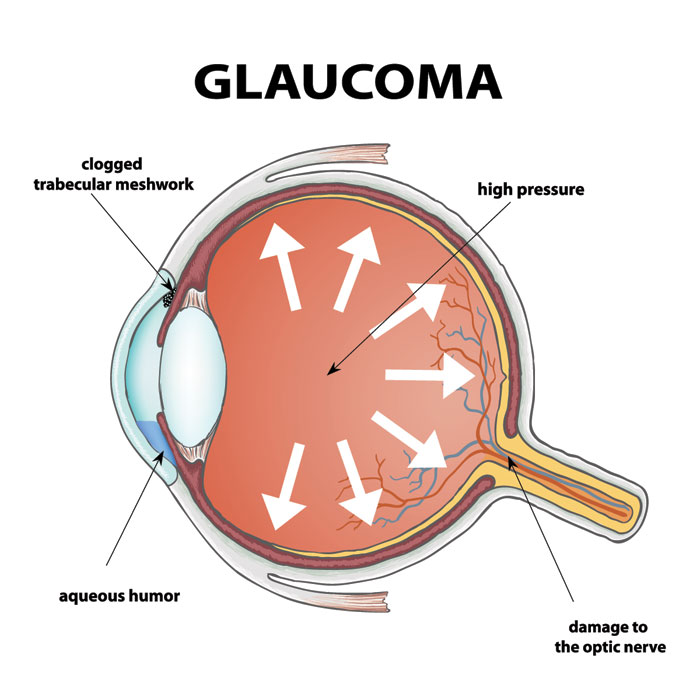Introduction
Glaucoma is one of the leading causes of irreversible blindness worldwide, characterized by damage to the optic nerve and progressive vision loss. Traditional treatment methods such as eye drops, oral medications, and surgical procedures have long been the primary approach to controlling this condition. However, a new and promising concept—glaucoma glasses—offers an innovative, non-invasive alternative that could transform how patients manage this disease.
What Are Glaucoma Glasses?
Glaucoma glasses are specially engineered eyewear designed to help manage the condition by reducing intraocular pressure (IOP), which is a major risk factor for glaucoma. These glasses often use advanced technologies such as nano-activated materials and bioelectrical stimulation to improve fluid drainage within the eye. By targeting pressure regulation, these glasses aim to slow disease progression and protect the optic nerve.
How Do Glaucoma Glasses Work?
Unlike traditional treatments that rely on chemical or surgical intervention, glaucoma glasses focus on enhancing the eye’s natural processes. The mechanism generally involves interacting with the eye’s bioelectrical signals, which may help optimize fluid outflow and maintain healthy pressure levels. This approach is designed to be non-invasive, offering patients a convenient option that could complement existing treatments.
Benefits of Glaucoma Glasses
The potential advantages of using glaucoma glasses are significant:
Non-Invasive Solution – No need for surgical procedures or frequent eye drops.
User-Friendly Design – Simple to wear during daily activities without interrupting routine.
Potential for Continuous Management – May help maintain steady eye pressure levels throughout the day.
While early studies and clinical trials indicate promising results, these glasses should not be considered a cure but rather an additional tool in a comprehensive glaucoma management plan.
Are Glaucoma Glasses Effective?
Research on glaucoma glasses is still in progress, and current data suggests they can contribute to lowering eye pressure in some patients. However, results vary, and more long-term studies are needed to establish their effectiveness fully. Patients should always consult an ophthalmologist to determine whether these glasses are suitable for their specific condition.
Factors to Consider Before Buying
Before investing in glaucoma glasses, consider these important points:
Cost and Availability – Advanced medical devices can be expensive and may not be widely available in all regions.
Clinical Evidence – Check for supporting research and regulatory approval before making a purchase.
Professional Guidance – Always consult with an eye care specialist to determine compatibility with your treatment plan.
Other Established Glaucoma Treatments
While glaucoma glasses represent an exciting development, they should be seen as part of a broader approach to treatment. Common options include:
Eye Drops – First-line treatment for reducing intraocular pressure.
Oral Medications – Used in combination with drops for better pressure control.
Laser Therapy – Minimally invasive procedure to improve fluid drainage.
Surgical Interventions – Options like trabeculectomy or shunt implantation for advanced cases.
Each method has its benefits and potential side effects, so treatment plans must be personalized.
Conclusion
Glaucoma glasses mark an innovative step in the fight against vision loss. While not a standalone cure, they offer a promising, non-invasive approach to managing intraocular pressure and supporting overall eye health. As research continues, these glasses may become a standard component of glaucoma care. For now, they should be used in conjunction with professional medical advice and established treatments.
FAQ
Are glaucoma glasses covered by insurance?
Coverage depends on your provider and policy. Contact your insurance company for specific details.
Can glaucoma glasses be used alongside other treatments?
Yes, they can often complement eye drops or medications, but always confirm with your ophthalmologist.
Are there risks associated with glaucoma glasses?
Since the technology is relatively new, long-term effects are not fully understood. Consult a doctor before starting any new treatment.




